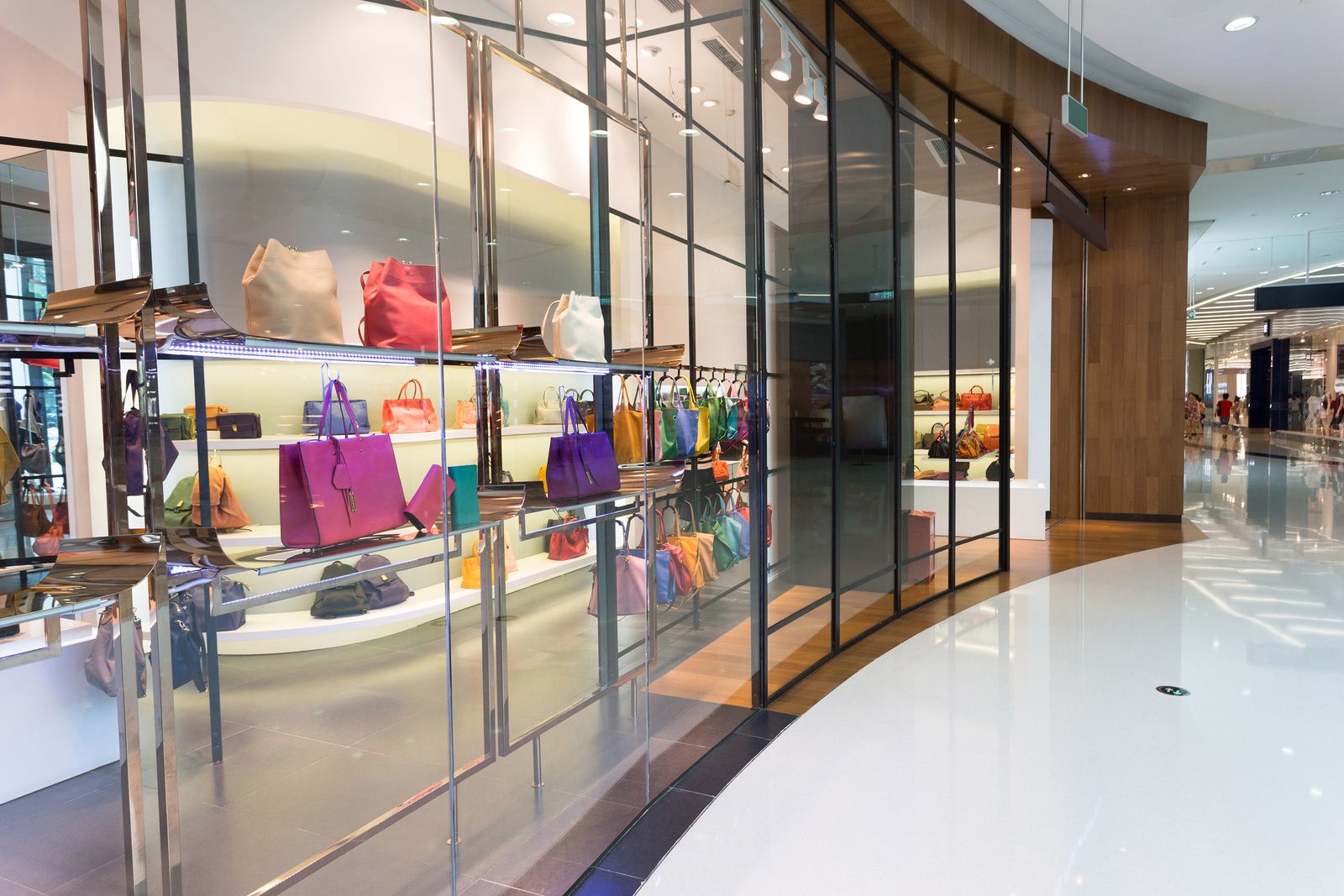
August 16, 2024
The Art of Window Dressing: Creating Eye-Catching Retail Displays
Table of Contents
-
Understand Your Brand and Audience
-
Tell a Story
-
Use Visual Hierarchy
-
Incorporate Color and Lighting
-
Bold Color Schemes
-
Effective Lighting
-
-
Utilize Props and Mannequins
-
Relevant Props
-
Mannequins and Positioning
-
-
Keep It Fresh and Seasonal
-
Focus on the Details
-
Measure Success and Adjust

Understand Your Brand and Audience
Before designing your window display, it’s crucial to understand your brand identity and target audience. Your display should reflect your brand’s values and resonate with your audience’s tastes and preferences. Whether your brand is luxurious and sophisticated or fun and quirky, the window display should clearly communicate this to attract the right customers.
Tell a Story
A compelling window display often tells a story. Think about the narrative you want to convey through your display. This could be a seasonal theme, a specific lifestyle, or a story that highlights your products’ unique features. Storytelling in window displays engages customers on an emotional level, making the display more memorable and effective.
Use Visual Hierarchy
Visual hierarchy is the arrangement of elements in a way that signifies their importance. Start with a focal point that draws the eye, such as a key product or a striking visual element. From there, arrange other elements to guide the viewer’s gaze through the display. Using different heights, sizes, and positions can create a dynamic and engaging visual flow.

Incorporate Color and Lighting
Bold Color Schemes
Colors can evoke emotions and set the tone for your display. Bold, contrasting colors can catch the eye and create a vibrant look, while a monochromatic scheme can convey elegance and sophistication. Choose colors that align with your brand and the message you want to communicate.
Effective Lighting
Lighting is crucial for making your window display stand out, especially in the evening. Use a combination of ambient, accent, and spotlighting to highlight key elements of your display. Proper lighting can create depth, add drama, and focus attention on specific products. LED lights are energy-efficient and versatile, making them an excellent choice for window displays.
Utilize Props and Mannequins
Relevant Props
Props can add context and enhance the story of your window display. Choose props that are relevant to the theme and help to highlight your products. For example, beach props for a summer clothing line or vintage furniture for an antique store. Ensure that props do not overwhelm the products but rather complement and enhance them.
Mannequins and Positioning
Mannequins are essential for fashion retailers as they showcase how clothes fit and look when worn. Use mannequins in dynamic poses to create a sense of movement and life. Position them strategically to direct the viewer’s attention to key items and ensure they are dressed in the latest or most attractive outfits.

Keep It Fresh and Seasonal
Regularly updating your window displays keeps your store looking fresh and relevant. Seasonal themes, holiday decorations, and new product launches are excellent opportunities to refresh your displays. Changing displays frequently can attract repeat customers and give your store a dynamic, ever-evolving appearance.
Focus on the Details
Attention to detail can make a significant difference in the impact of your window display. Ensure that everything is clean, well-arranged, and free of dust. Small details like the alignment of props, the positioning of products, and the tidiness of the display contribute to the overall professional look and feel.
Measure Success and Adjust
Finally, it’s essential to measure the success of your window displays. Track metrics such as foot traffic, sales, and customer feedback to gauge the effectiveness of your displays. Use this data to refine your strategies and make necessary adjustments. A/B testing different display styles and themes can also provide insights into what works best for your audience.
By following these best practices, you can create window displays that not only attract attention but also convert passersby into customers. At London Retail and Build, we specialize in designing and implementing retail spaces that reflect your brand’s identity and captivate your target audience. Contact us today to learn how we can help transform your store windows into powerful marketing tools.


